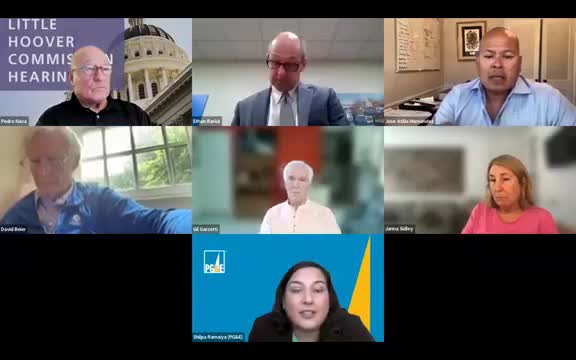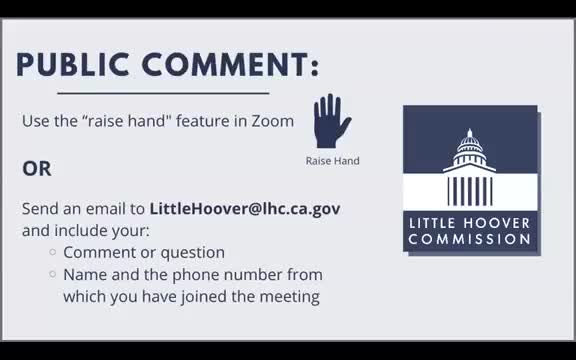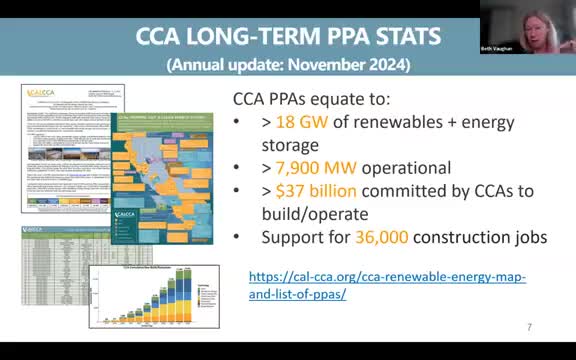Article not found
This article is no longer available. But don't worry—we've gathered other articles that discuss the same topic.

Publicly owned utilities and CCAs say governance, financing explain lower rates; CalCCA details $19B tax‑exempt bond program

Public commenters and program administrators clash over SGIP and PSPS mitigation; administrator says some incentives moved to general fund

Commission hears warnings on interconnection delays, rising PPA prices and AI data‑center load growth

